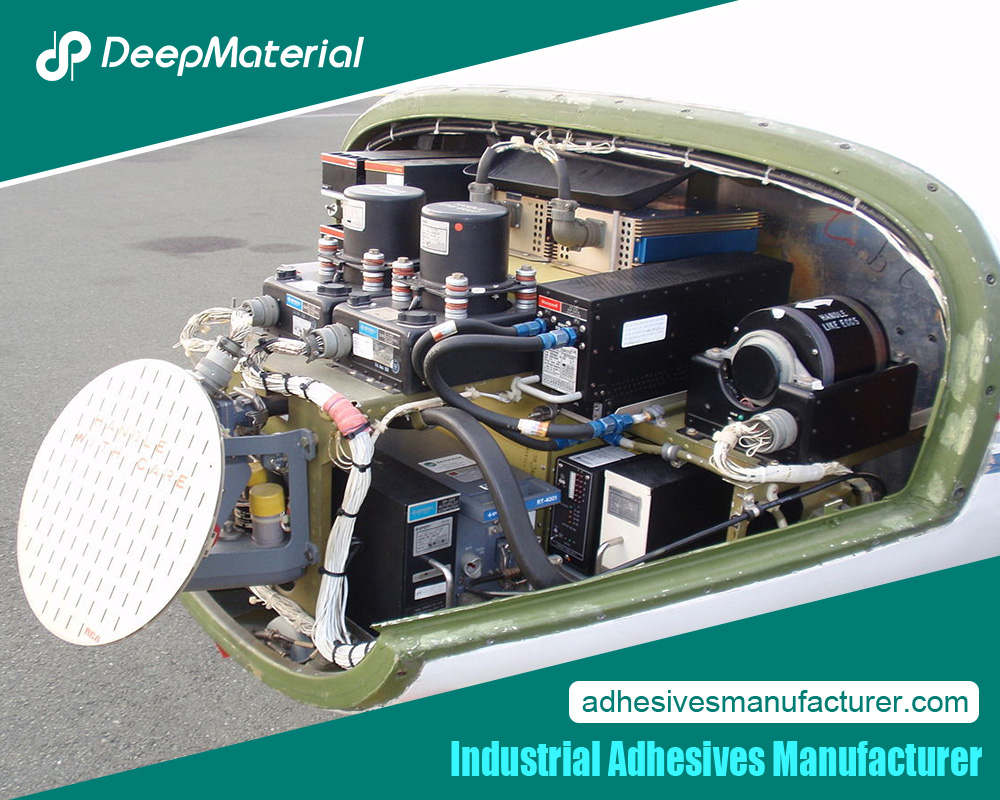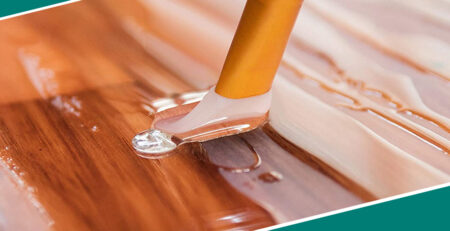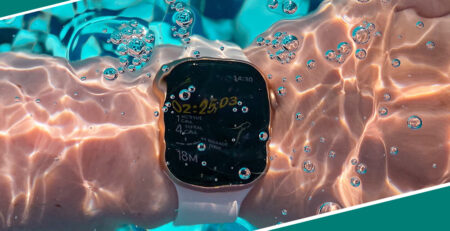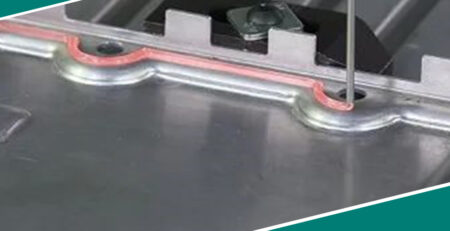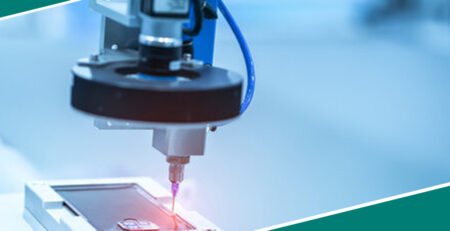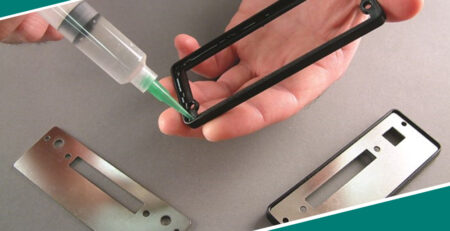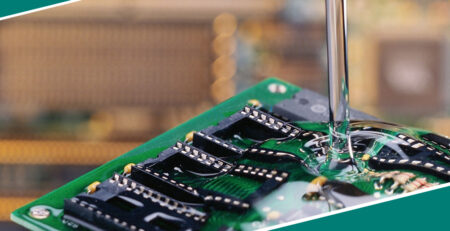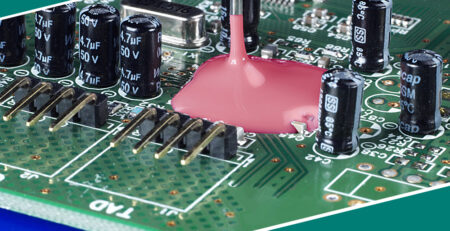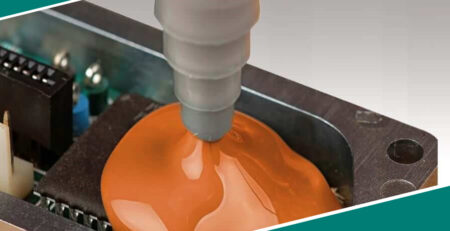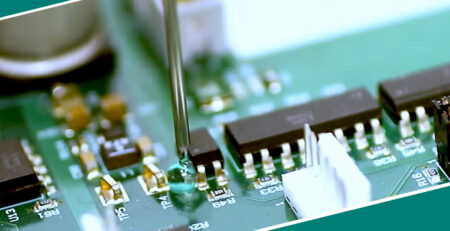Industrial Appliance Adhesive Solutions: A Comprehensive Guide
Industrial Appliance Adhesive Solutions: A Comprehensive Guide
In the manufacturing and assembly of industrial appliances, adhesive solutions play a pivotal role. As industrial appliances become more advanced and complex, traditional fastening methods like screws, bolts, and rivets are often supplemented or replaced by adhesives. These solutions offer several benefits, including enhanced durability, weight reduction, and more streamlined production processes.
This article will delve into industrial appliance adhesive solutions, discussing their types, applications, advantages, and factors to consider when choosing a suitable adhesive.
Types of Industrial Appliance Adhesive Solutions
A wide variety of adhesives are used in the industrial appliance sector, each tailored to specific materials, environments, and performance requirements. Here are some of the most common types:
Epoxy Adhesives
Epoxy adhesives are known for their high strength and durability, making them popular for industrial applications. They bond strongly to various materials, including metals, plastics, ceramics, and composites. Epoxies are often used in appliances exposed to high temperatures or harsh conditions, such as motors, HVAC systems, and electrical components.
- Pros: Exceptional mechanical strength, thermal resistance, and chemical stability.
- Cons: Longer curing times than other adhesives may require precise mixing of resin and hardener.
Polyurethane Adhesives
Polyurethane adhesives are versatile and flexible, making them suitable for bonding dissimilar materials like metal to plastic or glass. They offer good moisture resistance and can handle vibration, critical in appliances that generate motion, such as washing machines, refrigerators, and dishwashers.
- Pros: Good flexibility, moisture resistance, and ability to bond different materials.
- Cons: Sensitivity to temperature and humidity during the curing process.
Silicone Adhesives
Silicone adhesives are well-regarded for their flexibility and ability to withstand extreme temperatures, ranging from -60°C to 200°C or higher. They are ideal for appliances exposed to high heat and cold, such as ovens, freezers, and industrial cookers.
- Pros: Excellent temperature resistance, flexibility, and durability.
- Cons: Limited strength compared to epoxy or polyurethane adhesives and slower curing times.
Acrylic Adhesives
Acrylic adhesives balance performance and versatility. They are fast-curing and offer strong bonds to various substrates, including metals and plastics. Acrylics are often used in applications requiring fast production lines, such as assembling electrical components and household appliances.
- Pros: Rapid curing, high strength, and excellent environmental resistance.
- Cons: Can be sensitive to surface preparation and may require primers for specific substrates.
Cyanoacrylate Adhesives
Commonly known as super glue, cyanoacrylate adhesives are used for quick bonding solutions in industrial applications. While not as strong as epoxy or acrylics, they are ideal for bonding small parts in applications requiring a fast, secure fix.
- Pros: Extremely fast curing and easy to apply.
- Cons: Limited gap-filling capabilities and less durable under heat or stress.
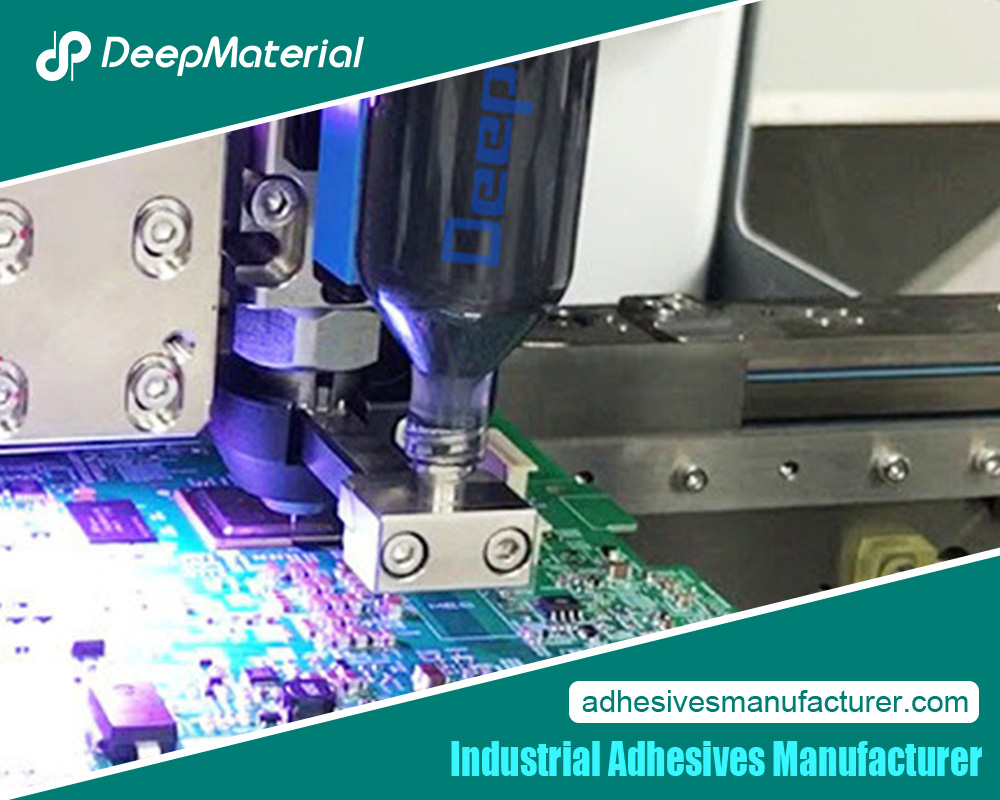 Applications of Adhesive Solutions in Industrial Appliances
Applications of Adhesive Solutions in Industrial Appliances
Adhesive solutions have revolutionized the industrial appliance manufacturing process by providing improved assembly techniques, reducing the need for mechanical fasteners, and enhancing the overall performance of appliances. Here are some critical applications:
Motor and Fan Assemblies
Industrial appliances such as HVAC systems, air conditioners, and industrial fans rely on adhesives to secure motor components, reduce vibration, and ensure longevity. Adhesives are also used to bond rotor components, secure housings, and even balance fan blades.
Sealing and Insulation
Silicone and polyurethane adhesives are commonly used to seal and insulate various parts of appliances. For example, in refrigerators and ovens, adhesives help bond seals around doors, ensuring the appliance maintains the necessary temperature and energy efficiency.
Bonding Metal to Plastic Components
Many industrial appliances combine plastic and metal parts, such as control panels, housings, and frames. Adhesives, mainly acrylic and epoxy variants, provide strong bonds between these dissimilar materials, ensuring structural integrity without the need for screws or welding.
Electrical and Electronic Components
The increasing complexity of modern appliances means more sensitive electronics are involved. Adhesives like epoxies and acrylics secure electronic components, insulate circuits, and protect them from moisture, dust, and vibration. This is particularly relevant in washing machines, dryers, and advanced kitchen appliances.
Heat-Resistant Applications
Ovens, stoves, and industrial cookers operate at extremely high temperatures, requiring adhesives to withstand these conditions. Silicone and heat-resistant epoxy adhesives are widely used in these appliances to bond metal components and resist thermal expansion or contraction.
Advantages of Using Adhesive Solutions in Industrial Appliances
Adhesive solutions offer numerous advantages over traditional fastening methods in the manufacturing of industrial appliances. These benefits make adhesives a preferred choice for many manufacturers aiming for efficiency, quality, and longevity.
Improved Durability and Strength
Modern adhesives provide exceptional bonding strength, often surpassing that of mechanical fasteners. Adhesives distribute stress more evenly across the bonded area, preventing localized stress concentrations that can lead to cracks or failure. This enhances the appliance’s durability.
Weight Reduction
By eliminating the need for screws, bolts, or other hardware, adhesives contribute to reducing the overall weight of appliances. This is particularly important for energy-efficient appliances where every ounce of weight saved translates into reduced energy consumption.
Vibration and Noise Damping
Adhesives provide a cushioning effect that helps to absorb vibration and reduce noise, making them ideal for appliances with moving parts like motors, fans, and compressors. Reducing the operational noise of appliances improves the user experience.
Corrosion Resistance
Mechanical fasteners, especially in appliances exposed to moisture or chemicals, are prone to corrosion. Adhesives form a continuous bond without gaps, protecting against water, air, and chemical exposure and extending the appliance’s life.
Simplified Assembly Processes
Adhesives can simplify the assembly process by reducing the required parts and eliminating complex mechanical assemblies. This results in faster production times, reduced labor costs, and more streamlined manufacturing.
Enhanced Aesthetic Appeal
In appliances where appearance matters, such as kitchen appliances and home electronics, adhesives offer a clean and seamless finish without the visible presence of fasteners like screws or bolts. This contributes to the sleek, modern design of many appliances today.
Factors to Consider When Choosing an Adhesive Solution
Selecting the suitable adhesive for an industrial appliance application requires careful consideration of several factors. Here are some key aspects to keep in mind:
Material Compatibility
The adhesive must be compatible with the materials being bonded. Some adhesives work better with specific substrates, while others may require surface treatments or primers to ensure proper adhesion. Understanding the material properties is crucial for a successful bond.
Temperature and Environmental Resistance
Industrial appliances are often exposed to extreme conditions, such as high heat, cold, or moisture. Adhesives used in these applications must withstand these environments without degrading. Silicone adhesives, for instance, are ideal for high-temperature applications, while epoxies may be better suited for chemical resistance.
Mechanical Stress
Different appliances experience different levels of stress during operation. Motors and fans, for example, may experience constant vibration, while other appliances may be subjected to mechanical shocks. The adhesive selected should have the flexibility and strength to endure these stresses without failing.
Curing Time and Process
Manufacturers must also consider the adhesive’s curing time and process. Some adhesives require heat curing or specific environmental conditions, impacting production timelines. Fast-curing adhesives like cyanoacrylates may be preferred in high-speed production environments, while epoxies may be suitable for more controlled assembly processes.
Cost-Effectiveness
Finally, cost is always a factor. While high-performance adhesives may offer superior benefits, they may also come at a higher cost. Manufacturers must balance performance with budget constraints, choosing adhesives that provide the required performance without unnecessary expense.
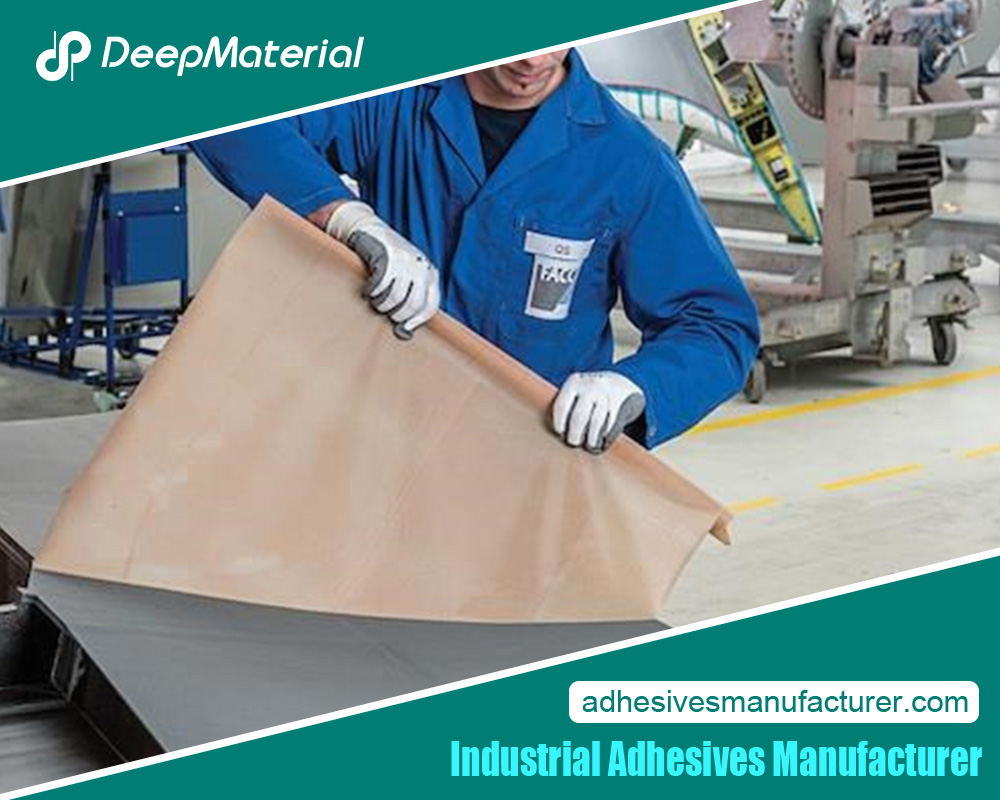 Conclusion
Conclusion
Industrial appliance adhesive solutions have transformed the way appliances are manufactured, offering numerous benefits over traditional mechanical fastening methods. From epoxy to silicone adhesives, each type offers unique advantages tailored to specific applications, environments, and material requirements.
The suitable adhesive can improve the durability, efficiency, and performance of industrial appliances while reducing production costs and time. As technology advances and appliances become more complex, the role of adhesive solutions in the industrial sector will only continue to grow. By carefully selecting the appropriate adhesive, manufacturers can enhance the longevity and quality of their appliances, ensuring they meet the high demands of today’s market.
For more about a complete guide to industrial appliance adhesive solutions: a comprehensive guide, you can pay a visit to Deepmaterial at https://www.adhesivesmanufacturer.com/ for more info.

